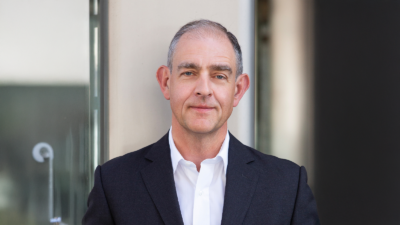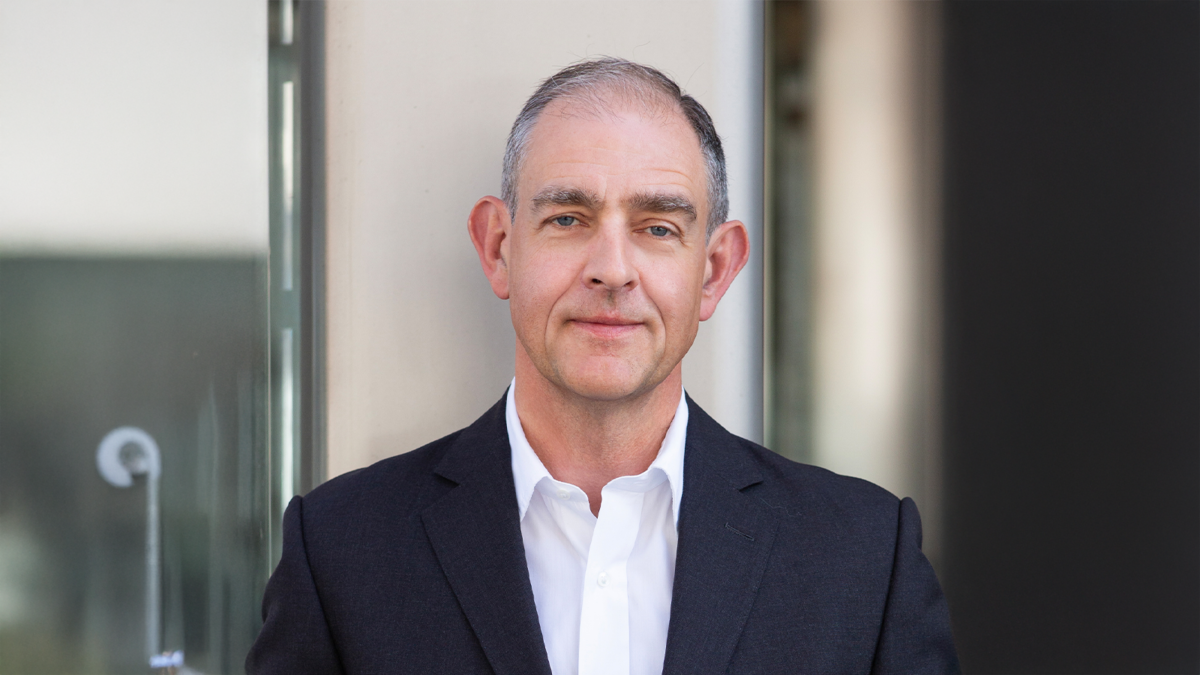Paul Nicol came for the advice, stuck around for the career
The year was 1999 and Paul Nicol, fresh out from university, was searching for two things – a career and an investment opportunity. What he didn’t know is that one would lead to the other.
He had saved a few dollars while studying and was looking to invest. “I mentioned it to a friend, and she said, ‘Well, my father’s a financial planner, why don’t you go and speak to him’.
When Nicol met Tony Gillam, founder of Melbourne-based GFM Wealth Advisory, it was a “lightbulb” moment.
“He opened my eyes to what a financial planner did, particularly providing investment advice, and I thought myself, ‘wow, that’s something I want to do’. So, I finally plucked up the courage to ask my friend whether her dad would be interested in employing somebody just out of university.”
Nearly a quarter of a century later and in the firm’s 50th year, Nicol is still at GFM, only now as managing partner. Along the journey the business has undergone a metamorphosis that in many ways reflects the independent advice industry. When he joined it was commissioned-based – as was most of the industry – with a focus on general and personal insurance and retail superannuation. It was a small business – Nicol one of six staff of which only two gave advice – with assets under advice only $200 million.
Today the business is strictly fee for service, with assets under advice at $2.5 billion spread and 30 staff servicing about 900 clients. The other monumental shift in the business is away from insurance and almost exclusively into SMSF advice.
“When I got into the industry, the thing that shocked me was the multi-layered fee approach, whether it was product commissions, contribution fees or extra adviser fees. A lot of it was hidden to the client. Philosophically, I didn’t feel comfortable with that. My simple view was that transparency is best.”
Nicol sensed that SMSFs were not only the wave of the future for the advice industry, but also a viable commercial option for a fee-based business. As he bluntly puts it, “we deal with clients that have a level of affluence and can afford advice”, with GFM’s focus on pre- and post-retirees. Certainly, he’s firmly of the view that SMSFs are not for everyone.
“It’s our strong philosophy that SMSFs come into their own for the pre-retiree and retiree. I’m not 100 per cent certain that an SMSF is suitable for the young accumulator who is probably best positioned in a low-cost industry fund. But as you enter pre-retirement and retirement, and there’s an emphasis on living on the income of the asset base that you’ve got, that’s where we think an SMSF comes into its own.”
With an ageing client base, it’s not rocket science to discern GFM’s biggest issue – clients’ capacity to make sound decisions. A point is reached where discussions can get very difficult. It can be evident to the adviser, but not always to the client. What compounds the situation is that such clients can have good and bad days, with their capacity to be actively involved in their SMSF varying. For GFM, it usually means a multi-generational approach.
“I think the industry will increasingly specialise, and wealth transfer is the space where we want to play. We’re also self-licensed. Many people like the idea of dealing with a group that doesn’t have any institutional ownership.
“But the most important thing is that client investing is not a cookie-cutter approach. Many advisers have model portfolios via platforms or run managed accounts. We don’t do that. Every client has a bespoke portfolio; we build portfolios to suit our clients. Not one size fits all. In our firm, we don’t have 900 clients all sitting in a managed account.”
Such an approach requires specialist skills. And like much of the industry, the dearth of talent is a major challenge with the number of advisers declining over the past few years, in part because of the spotlight thrown on the industry by the Hayne Royal Commission. Nicol does not gild the lily: “I can’t put a wet-behind-the-ears adviser before the type of client we have, so I need to attract high-quality advisers. And the reality is most good advisers are in a firm where they’re heavily rewarded. So, growth is somewhat restricted by access to talent.”











